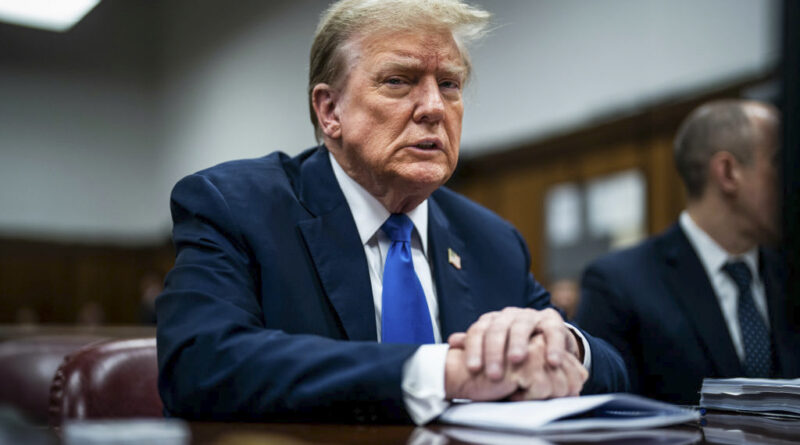New York Judge Rejects Trump’s Request to Postpone Sentencing
New York Supreme Court Justice Juan Merchan has denied President-elect Donald Trump’s request to postpone the sentencing scheduled for January 10, which follows his conviction for falsifying business records.
In a documentation filed earlier that day, Trump’s legal team contended that the president-elect’s pursuit of an appeal necessitated an automatic stay of proceedings in court.
This request by Trump was made shortly after Merchan’s January 3 decision, which dismissed Trump’s motion to dismiss the case.
Addressing concerns regarding presidential immunity, he noted that “a sentence of unconditional discharge seems to be the most suitable option for establishing finality and allowing the defendant to pursue his appellate rights.”
The filings highlight the increasing tensions surrounding Trump’s legal issues before his inauguration on January 20, as well as differing interpretations of presidential immunity.
Last year, the Supreme Court clarified the limitations of immunity, asserting that presidents possess certain levels of immunity from criminal prosecution. This ruling stemmed from Trump’s appeal regarding an election interference case, which was ultimately dismissed based on a Department of Justice (DOJ) memo indicating that the prosecution of sitting presidents breached the Constitution.
Trump contended that both the Supreme Court ruling in Trump v. United States and the DOJ’s guidelines should compel Merchan to dismiss the case. Merchan disagreed, sparking Trump’s appeal.
Trump’s legal team argued that the Supreme Court’s ruling included language necessitating an automatic stay of proceedings until the fundamental immunity questions were addressed.
“Since further criminal proceedings are automatically halted by federal constitutional law, the Court would lack the authority to proceed with sentencing,” they asserted on January 6.
In December 2024, Merchan dismissed Trump’s various claims regarding immunity in relation to the evidence presented during the trial.
He stated that Trump either delayed too long or did not preserve objections to the evidence, clarifying that information regarding both preserved and unpreserved arguments did not enjoy protection under the doctrine of presidential immunity.
“This Court … finds that the evidence related to the preserved claims pertains solely to unofficial conduct and therefore does not qualify for immunity protections,” Merchan articulated in his opinion.
He further mentioned that Trump attempted to introduce a novel perspective on presidential immunity for presidents-elect and that existing precedents do not compel the dismissal of the case.





